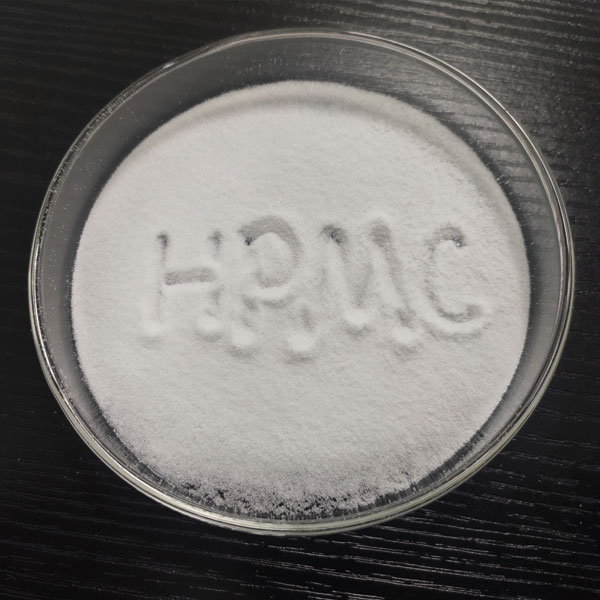Application effect of Hydroxy Propyl Méthyl Cellulose
The activation energy of this step is reduced, while the fluidity of the reaction mixture is improved, and the defect of low yield of methylation reaction in the original process is solved. In the example, the solid phase reactor is studied and applied to form hydroxypropyl phthalate. After the methyl cellulose particles.
1. Become a high-efficiency auxiliary, increase the reaction yield, control the generation of side reactions,
2. As a catalyst, a high-efficiency hydroxypropyl methylcellulose catalyst is used to improve the purity of the reactants and the reaction yield, so that the reaction yield can be increased to 98%. By using theHydroxy Propyl Méthyl Cellulose auxiliary agent, the utilization rate of raw materials is increased to 95%, which provides guarantee for obtaining Hydroxy Propyl Méthyl Cellulose phthalate and prevents agglomeration between particles in the post-treatment process.
3. To solve the defect of low yield of the original process, a representative experiment is to reduce the unit consumption of raw cotton fiber from 1.05t/t in the original process to 0.94t/t in the process of phthalic acid grouping reaction. , In the process of hydroxypropylation reaction, and can remove the residue of phthalic anhydride reaction, free phthalic acid and remaining acetic acid solvent. Increase the reaction yield of this step to 95%.


